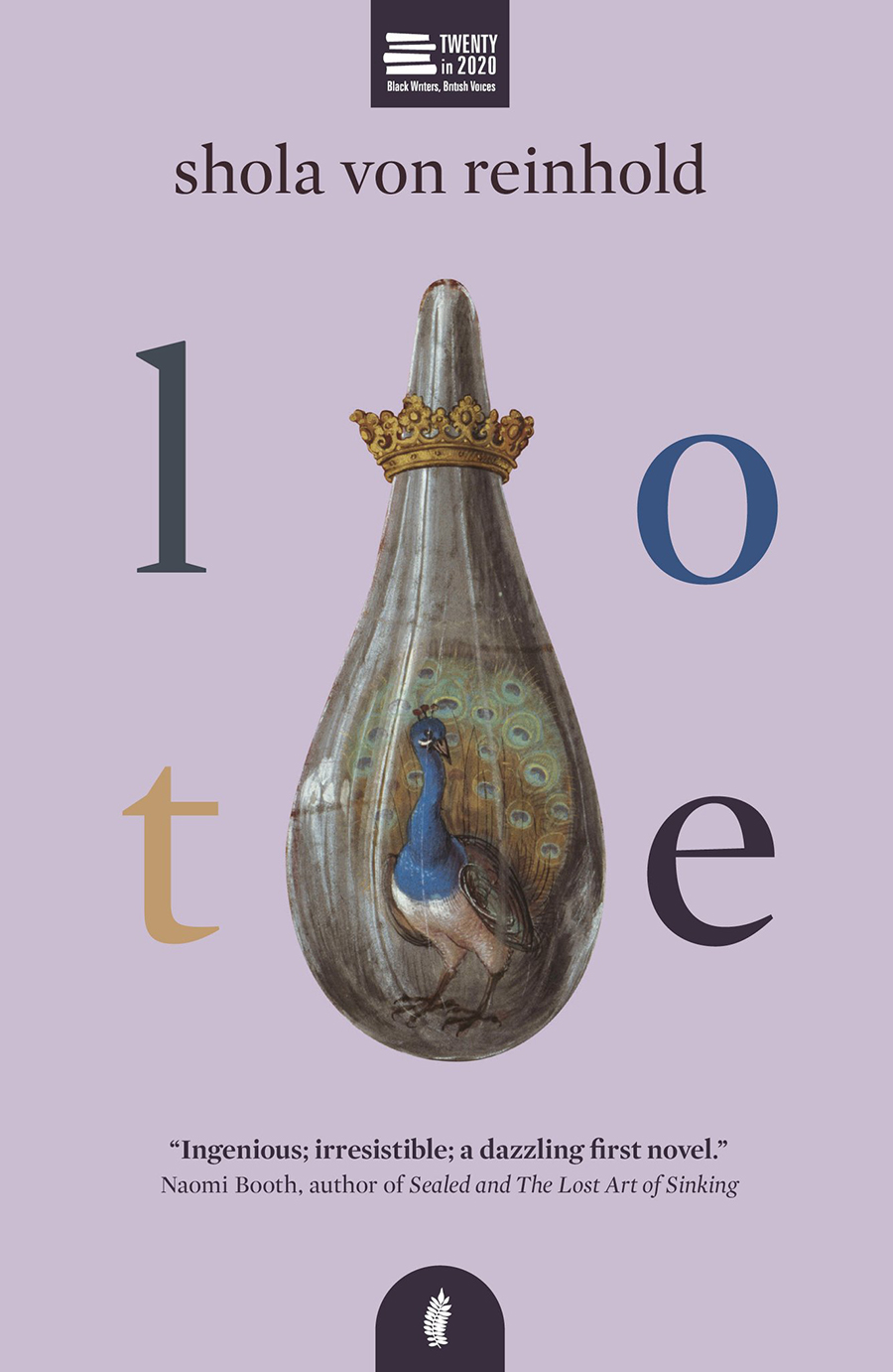

Mathilda attempts to write her own life, one lived in the present where she continuously omits having had a history and ‘not having just materialised, fully formed’ (365). Each ‘Escape’ provides ‘a new microcosm to slip into’ (14) as Mathilda attempts to move away from the ‘drabness that underlies everything’ (63): the systems that tether one to oppressive practices, and the histories written by those in power that erase ethnic and sexual minorities. The reader is taken on a journey through Mathilda’s unfurling identity as she reinvents herself with every ‘Escape’ from a ‘life’ she finds herself living and requires self-extraction from. By intersecting past and present narratives, Reinhold skilfully and subtly unveils the many-headed monster of a prejudiced and discriminatory social, cultural, and political structure that may change its face or form over the decades, but otherwise remains intact. The intersectionality of Reinhold’s narrative artfully presents a resistance to conformity and unquestioned ideology, along with a celebration of race, eccentricity, queerness, ornamentation, aestheticism, and ‘Otherness’.

’ She describes texts that take this stance as operating ‘braid-like’, in which a ‘series of strands are woven ‘rather than as a hierarchy or ‘series of interruptions’. Reinhold’s highly researched and complex narrative demonstrates what Carol Boyce Davies’ terms ‘critical relationality’ in her discussion of Black women’s writing: an ‘anti-definitional stance moves us out of minority status into possibilities of alliances which recognize specificities and differences. This three-part novel weaves together multiple discourses that bring to light the insidious, and at times, more overt mechanisms of social oppression, discrimination, and prejudice, which operate within the recordings of history, the criteria of archives, and the ideologies of art movements. Shola von Reinhold’s debut novel, LOTE (2020), takes the reader on a fabulously queer, decadent, decolonial, and complex journey of the protagonist Mathilda’s discovery of Hermia Druitt, a forgotten, historically erased, Black Modernist who lived amongst the Bright Young People of the 1920s. “Indeed, I would venture to guess that Anon, who wrote so many poems without signing them, was often a woman,” Virginia Woolf said. Isabelle Coy-Dibley, University of Westminster


 0 kommentar(er)
0 kommentar(er)
